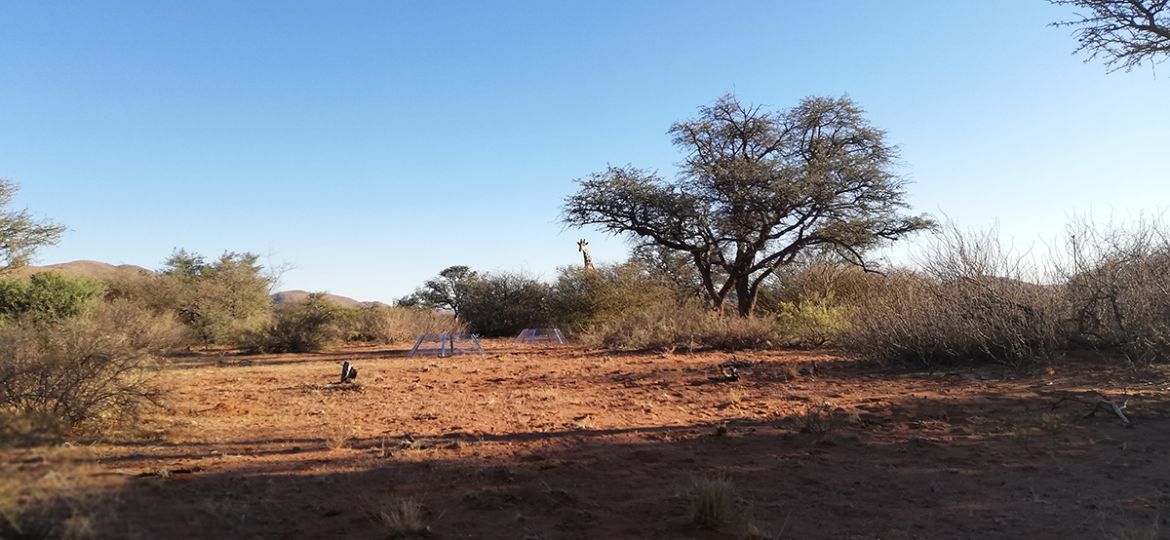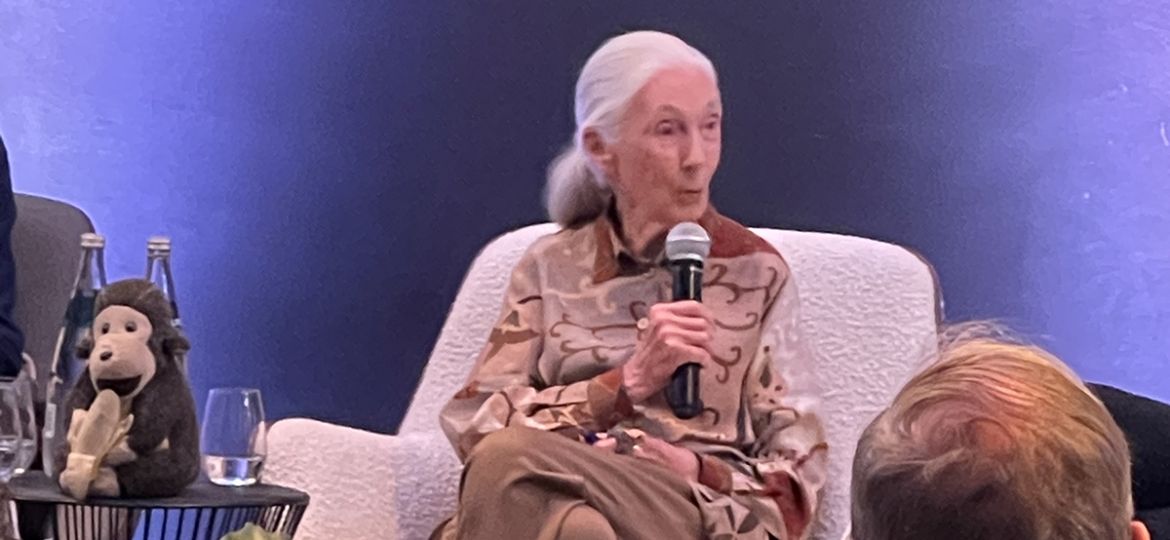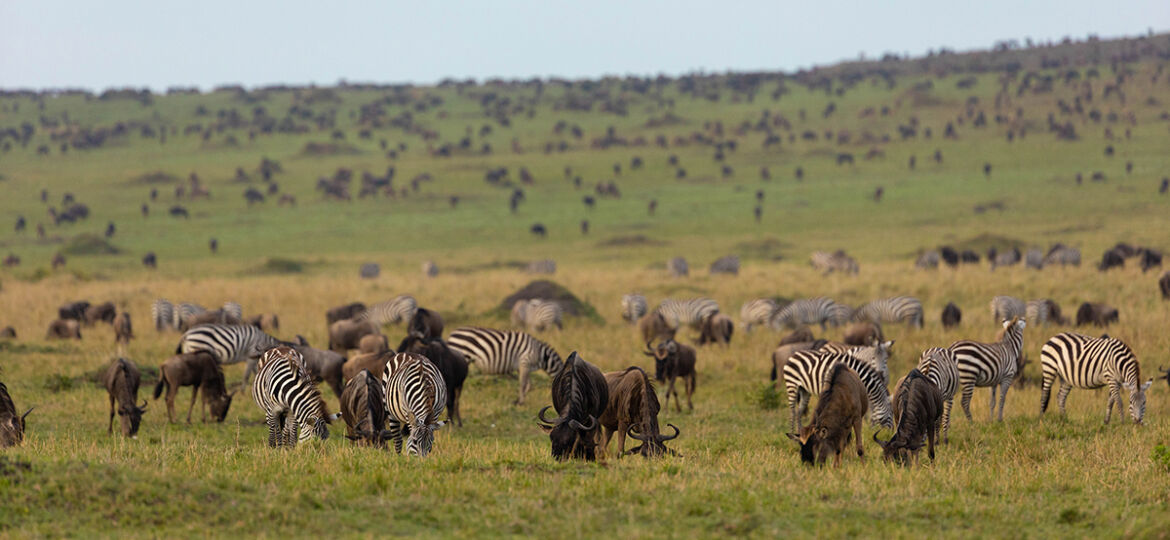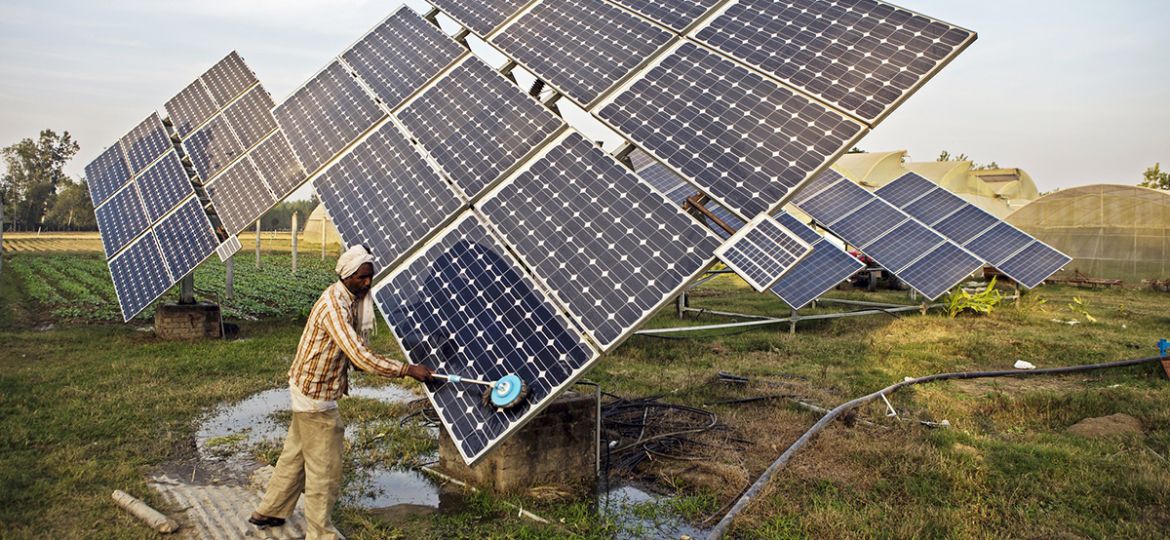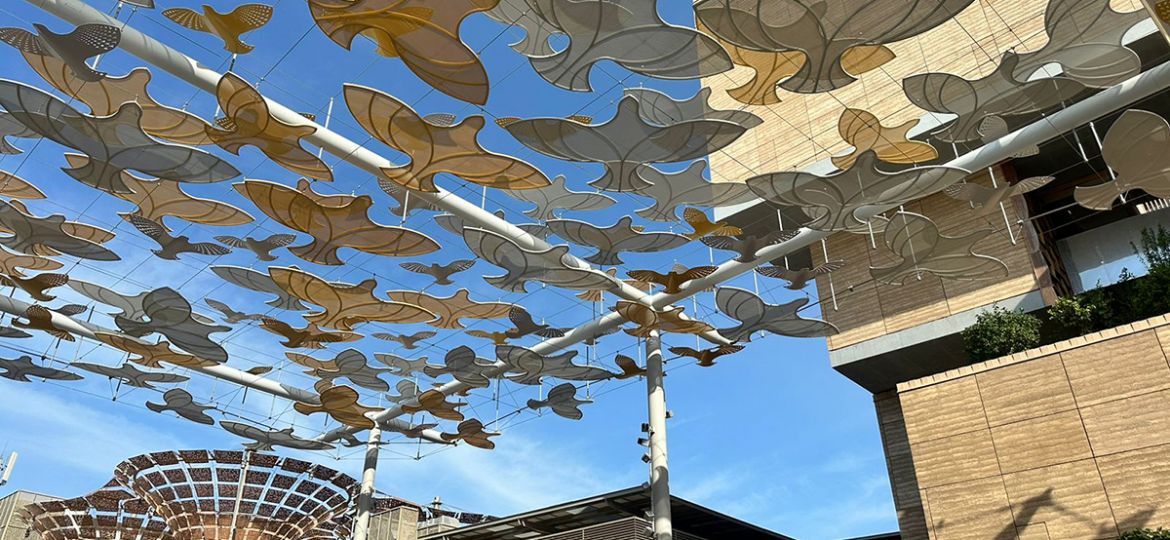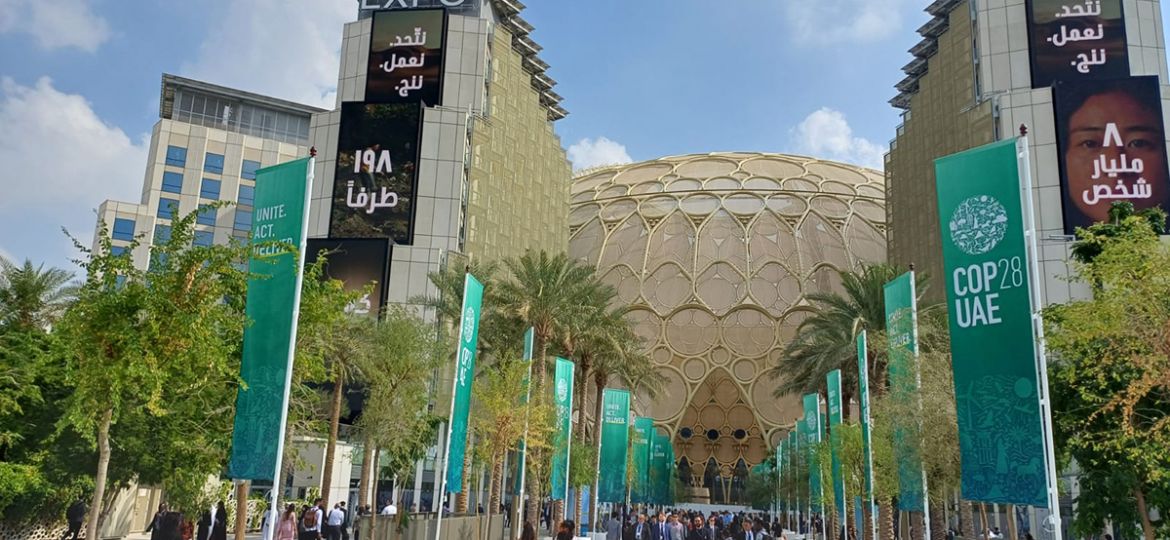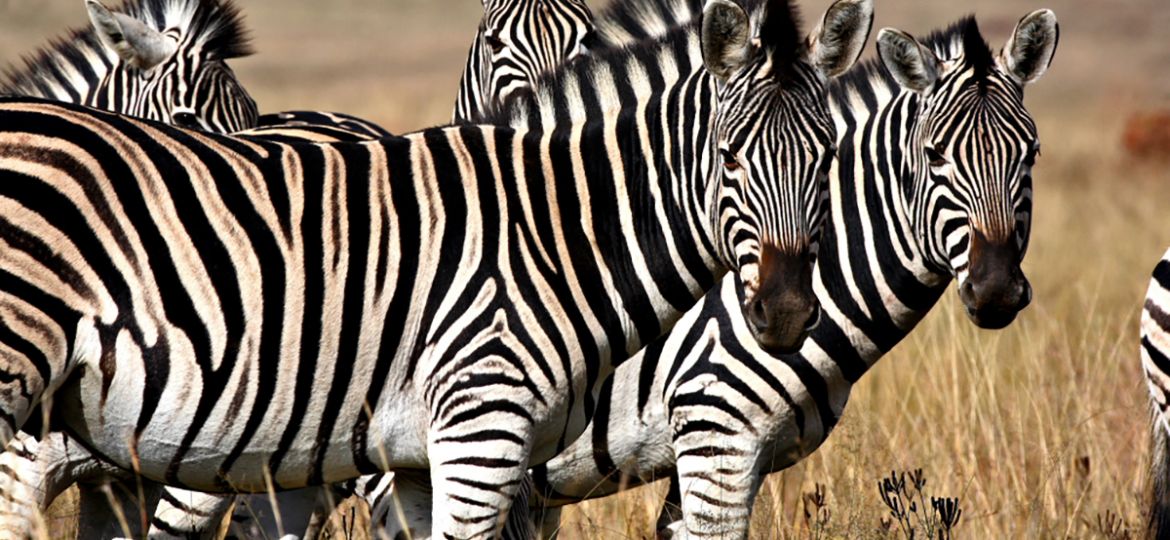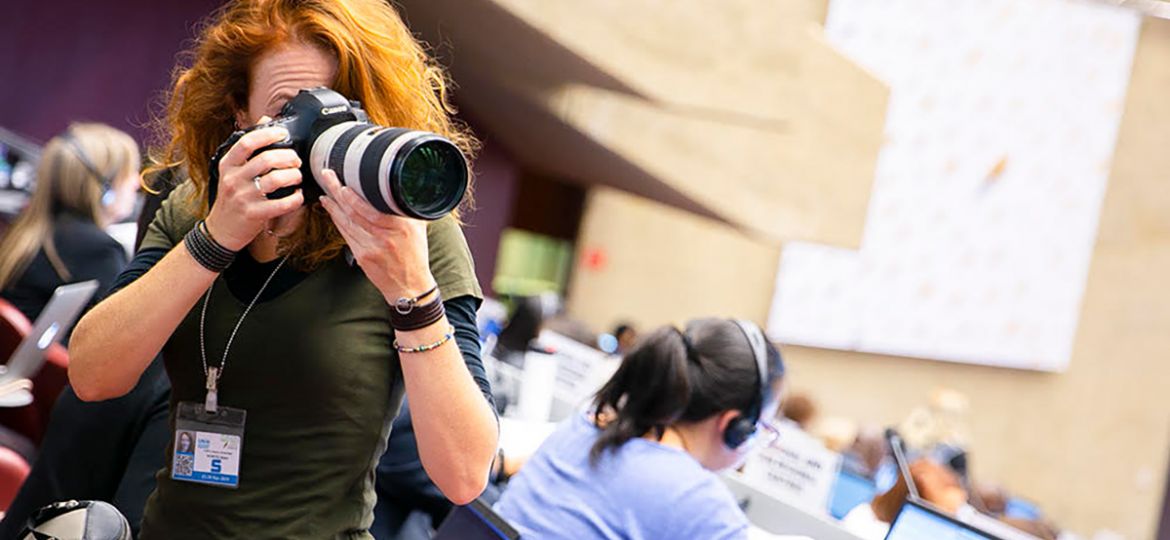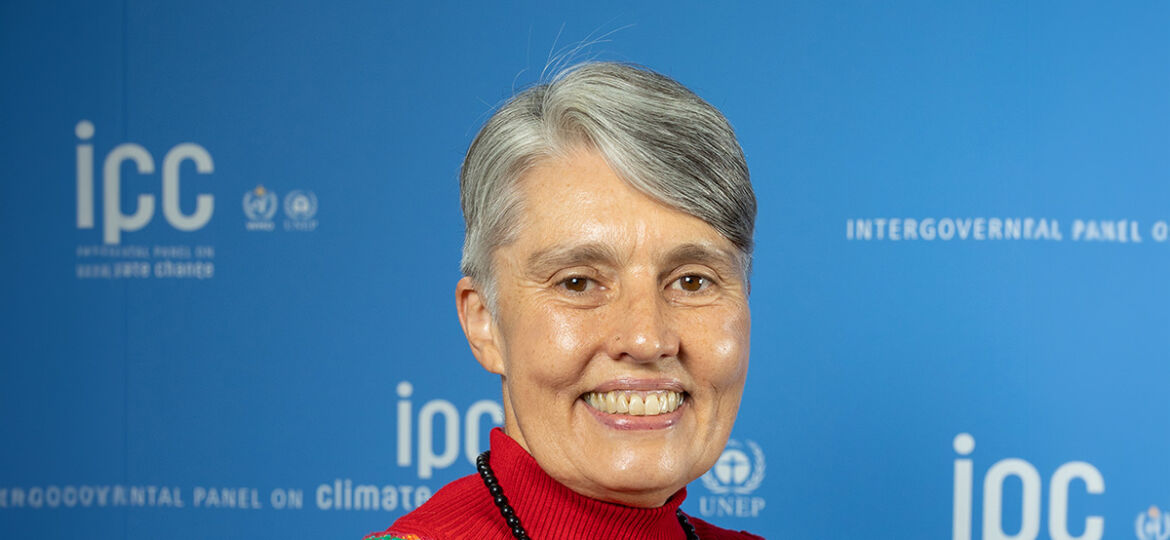Even bugs hardened to hot and dry conditions are sweating it over global warming.
climate change
The ethologist and environmentalist Dr Jane Goodall thinks big and acts small to solve global problems. “If we can’t save the planet, we can’t save Africa,” she told a select audience of scientists at the Wits Origins Centre in Johannesburg.
“Why is Africa not producing more carbon credits?” asked Matthew Child of Rewild Capital during a panel discussion at COP28 in Dubai on restoring ecosystems and boosting wildlife economies.
Tipping points present huge risks in the climate and ecological emergency, but also huge opportunities to transition to more sustainable futures. That’s the key message of a new Global Tipping Points Report, which will be released at COP28.
Money is currently pouring into Africa and the Global South to achieve climate mitigation via ecosystem based approaches.
It’s not just about saving the whales, or hugging a tree, but also about making a robust case for the value of the environment and the benefits that ecosystems provide, said Dipak Patel, the head of climate finance and innovation in the SA Presidential Climate Commission, at COP28.
A panel hosted by the Institute for Human Rights and Business (IHRB) on the fourth day of COP28 in Dubai agreed that the risks of energy transition are high if not well managed, and that participation by all stakeholders – civil society, government, communities and the private sector – is needed to make it work.
Conventional protected areas are unlikely to conserve the land area necessary to curb the extinction of plants and animals, and secure the ecosystem services on which millions of people across Africa depend. Different nature friendly wildlife enterprises are one way in which this footprint can be extended to achieve conservation outcomes and mitigate climate impact.
Kiara Worth, official photographer for the United Nations Framework Convention on Climate Change at COP28, refers to climate negotiations as a thing of beauty, and a giveaway that one is dealing with an irrepressible optimist.
The world’s foremost body for climate assessments has never been headed by a woman or anyone from Africa. South Africa’s Professor Debra Roberts aims to rectify both by throwing her hat into the ring to be elected chair of the Intergovernmental Panel on Climate Change (IPCC).



